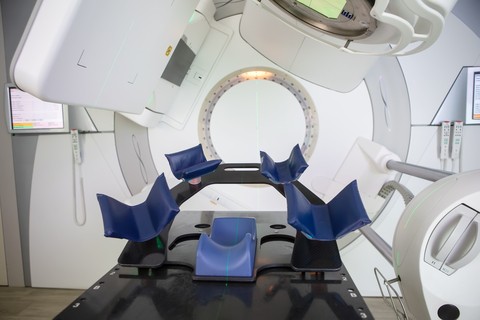Evening Primrose Extract: Targeting TYMS for Mesothelioma Treatment
Recent studies have provided exciting insights into how evening primrose extract interacts with TYMS. TYMS is a protein crucial in the development and progression of malignant pleural mesothelioma. A special mixture derived from evening primrose seeds is showing great potential in reducing TYMS activity. This groundbreaking research is offering new hope to those affected by this aggressive form of cancer. Understanding Malignant Pleural Mesothelioma Malignant pleural mesothelioma is a type of cancer that is known for being tough to treat, especially in its advanced stages. Scientists have discovered that a key target for treatment is a protein called thymidylate synthase (TYMS). This protein influences how mesothelioma responds to certain drugs. A natural extract from evening primrose seeds has shown promise….









